From trillions of synapses to close to a million behaviors, from the content of thought to all ways of thinking, more than any other determinant everything humans know and believe is mostly determined by
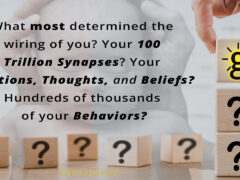

From trillions of synapses to close to a million behaviors, from the content of thought to all ways of thinking, more than any other determinant everything humans know and believe is mostly determined by
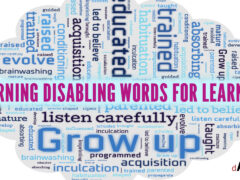
Misattributing the effects of learning to other causes can have profound consequences, not just for individual understanding but also for how we approach learning as a society.
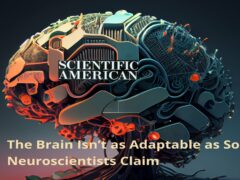
The Brain Isn’t as Adaptable as Some Neuroscientists Claim. The idea of treating neurological disorders by marshaling vast unused neural reserves is more wishful thinking than reality.
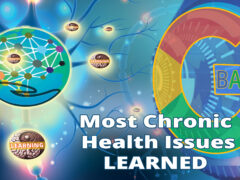
A transcript of a dialogue with Google’s Bard AI about the relationship between health and learning. OLSN is italicized in bold black. BARD is blue. OLSN Bolds Key Points in Bard’s responses. Bard’s elaborations have been truncated to keep OLSN’s questions in mind. To read Bard’s full response click on (…) What percentage of the […]
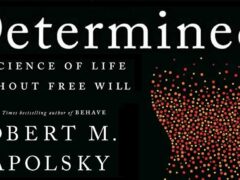
Stanford University professor Robert Sapolsky just released a new book called: Determined A Science of Life Without Free Will How could a field-leading behavioral neuroscientist claim we have no free will? He’s not being tricky. He has scientifically arrived at the conclusion that what we commonly call free will is an illusion. You can get […]
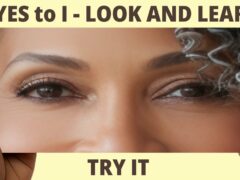
Hold up a mirror and look carefully at your eyes.
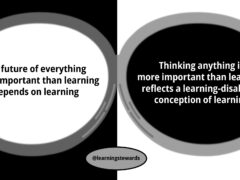
In a recent poll, I asked: “Within their possible agency, what’s more important to children’s futures than how well they can learn?” I gave two quick-choice responses and invited comments: 1 – Some things are more important 2 – Nothing is more important Between LinkedIn and Facebook, the poll received around 10,000 impressions, but only […]
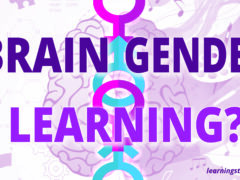
Learning genderizes our gender. Learning doesn’t determine gender – learning determines genderization.
Self-Reflection? The term “self-reflection” does not refer to our appearance in a mirror. It refers to focusing our attention inwardly, into ourselves. It’s about learning into who we are, how we are, and how we became and are continuing to become ourselves. In other words, self-reflection is a kind of learning in which we are […]
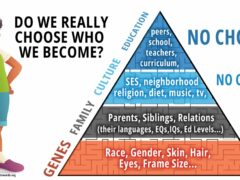
Can you remember being born? No? That’s because beings like us (persons – consciousnesses – selves) aren’t born fully developed. We are cumulatively learned. The differences between ourselves as infants and our current selves, including everything we know and think, everything we believe, and everything we are able to do – all those vast differences […]
